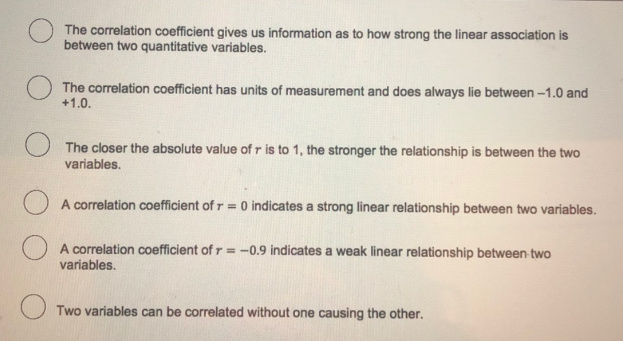Introduction to Which of the Following Statements is True
In a world bombarded with information from various sources, distinguishing truth from fiction can feel like navigating a maze blindfolded. But fear not! In this article, we’ll dissect the question, “Which of the following statements is true?” and equip you with the tools to unravel the truth amidst the chaos.
Understanding the Statements
Let’s kick things off by dissecting the statements provided. Each statement presents a claim that begs scrutiny.
Statement 1: The Earth is flat.
First up, we have the age-old conspiracy theory that the Earth is flat. Despite overwhelming evidence to the contrary, this belief persists in certain circles. We’ll delve into why this claim holds no water in the scientific community.
Statement 2: Vaccines cause autism.
Next, we encounter a controversial assertion linking vaccines to autism. This statement has fueled heated debates and misinformation campaigns, but what does the scientific evidence reveal? Let’s separate fact from fiction.
Statement 3: Humans only use 10% of their brains.
we confront the myth that humans use a mere fraction of their brain capacity. Is there any truth to this claim, or is it a Hollywood invention? We’ll explore the brain’s mysteries to find out.
Evaluating Truthfulness
Now that we’ve laid out the statements, it’s time to establish criteria for determining their truthfulness.
Factual Accuracy
At the core of truth lies factual accuracy. We’ll scrutinize each statement against empirical evidence and scientific consensus to gauge its credibility.
Contextual Relevance
Truth is not always black and white; context matters. We’ll consider the circumstances surrounding each statement to decipher its relevance and accuracy in specific contexts.
Source Reliability
Not all sources are created equal. We’ll examine the credibility of sources backing each statement, emphasizing the importance of reliable sources in discerning truth from falsehood.
Debunking Common Misconceptions

Before we proceed, let’s debunk some common misconceptions about truth itself.
Absolute Truth vs. Relative Truth
Truth is often perceived as absolute, but in reality, it can be subjective. We’ll explore the nuances between absolute truth and relative truth, shedding light on the complexity of truth itself.
Subjectivity vs. Objectivity
Our perception of truth is colored by subjectivity. We’ll delve into the interplay between subjective beliefs and fair reality, challenging conventional notions of truth.
Seeking Reliable Information
Armed with knowledge, let’s embark on a quest for reliable information in a sea of misinformation.
Cross-Verification
To confirm the veracity of a claim, cross-verification is key. We’ll discuss the importance of consulting many sources to corroborate information and mitigate bias.
Expert Opinions
Experts serve as beacons of truth in their respective fields. We’ll advocate for seeking expert opinions to navigate complex topics and discern credible information from conjecture.
Fact-Checking Websites
In the digital age, fact-checking websites are invaluable tools for separating truth from fiction. We’ll highlight the significance of fact-checking resources in combating misinformation.
Conclusion
In conclusion, the quest for truth is multifaceted, requiring critical thinking and discernment. By applying the principles outlined in this article, you’ll be better equipped to navigate the labyrinth of information and unearth the truth hidden beneath the surface.
FAQs
1. How can I determine if a source is reliable?
Ensuring the reliability of a source involves assessing factors such as credibility, expertise, and transparency. Look for sources with a track record of accuracy and accountability.
2. What role do biases play in shaping our perception of truth?
Biases can cloud our judgment and influence our interpretation of information. It’s crucial to remain vigilant and acknowledge our biases to mitigate their impact on our quest for truth.
3. Are there instances where truth is subjective?
Yes, truth can be subjective depending on individual perspectives and cultural contexts. It’s essential to recognize the difference between subjective truths and objective facts.
4. How can I combat misinformation in my daily life?
Combatting misinformation requires skepticism, critical thinking, and a commitment to seeking reliable sources. Be vigilant against misinformation and empower others with accurate information.
5. What role does critical thinking play in discerning truth?
Critical thinking is paramount in discerning truth from falsehood. By questioning assumptions, evaluating evidence, and considering alternative perspectives, critical thinkers can navigate complex information landscapes with confidence.
